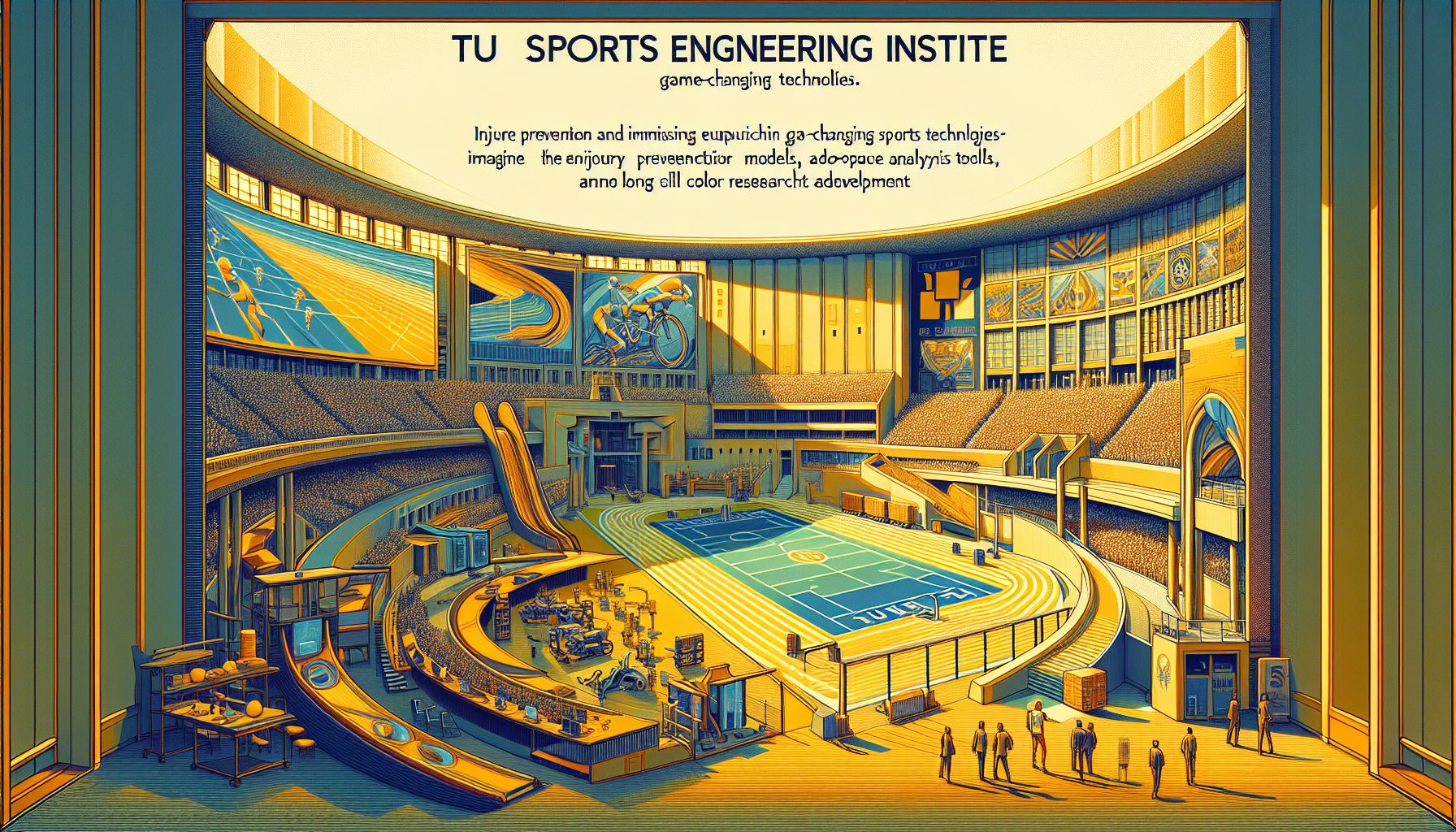TU Delft Unveils Five Game-Changing Sports Technologies

Delft, Monday, 5 August 2024.
The TU Delft Sports Engineering Institute showcases innovative technologies enhancing athlete performance. From injury prevention models to aerodynamic analysis tools, these advancements demonstrate the university’s leading role in sports technology research and development.
Pitch Perfect: Revolutionizing Injury Prevention
One of the standout innovations is the ‘Pitch Perfect’ model. Developed to address common injuries in baseball pitchers, this technology uses sensors embedded in players’ jerseys to measure hip and torso rotation. By analyzing these movements, the model helps prevent injuries and manage training loads. According to Bart van Trigt, a researcher at TU Delft, the technology is not limited to baseball but can also be applied to other overhead sports like tennis and volleyball, aiming to keep athletes in peak condition.
Ring of Fire: Enhancing Aerodynamics
Another groundbreaking innovation is the ‘Ring of Fire,’ a 10-meter-long installation filled with helium-filled soap bubbles. Developed by TU Delft researchers, this tool allows scientists to study the aerodynamic properties of athletes’ postures and suits in a dynamic setting. Cameras and laser lighting track the movement of the bubbles, providing insights that contrast with traditional stationary wind tunnel tests. This technology has already been used to optimize air resistance for Olympic athletes in cycling, short-track skating, and running.
Wheelchair Sports Sensors: Data-Driven Performance
In the realm of adaptive sports, TU Delft has created sensors specifically for wheelchair athletes. These sensors measure power production during training and competitions, offering valuable performance insights for both coaches and players. Tested in wheelchair tennis and basketball, the data gathered helps in understanding training load, fitness levels, and pace, ultimately enhancing the performance of wheelchair athletes.
BMX Power Measurement: Optimizing Pedal Strokes
TU Delft researchers have also developed a measuring device for BMX racers. This device records forces and power 400 times per second at the start of a race, aiding athletes in optimizing their initial pedal strokes. This technology is set to be utilized by the Dutch BMX team in the upcoming Olympics, providing them with a competitive edge from the very start of their races.
Rocket Darts: Precision in Throwing
Lastly, the university has ventured into the world of precision sports with the development of more accurate darts. Nearly 50% more precise than conventional darts, these new darts were created using principles from aerospace technology. A dart-throwing robot was also developed to analyze trajectories, leading to the establishment of the spin-off company Rocket Darts. This company focuses on providing improved darts for enhanced player control, revolutionizing the sport of darts.

